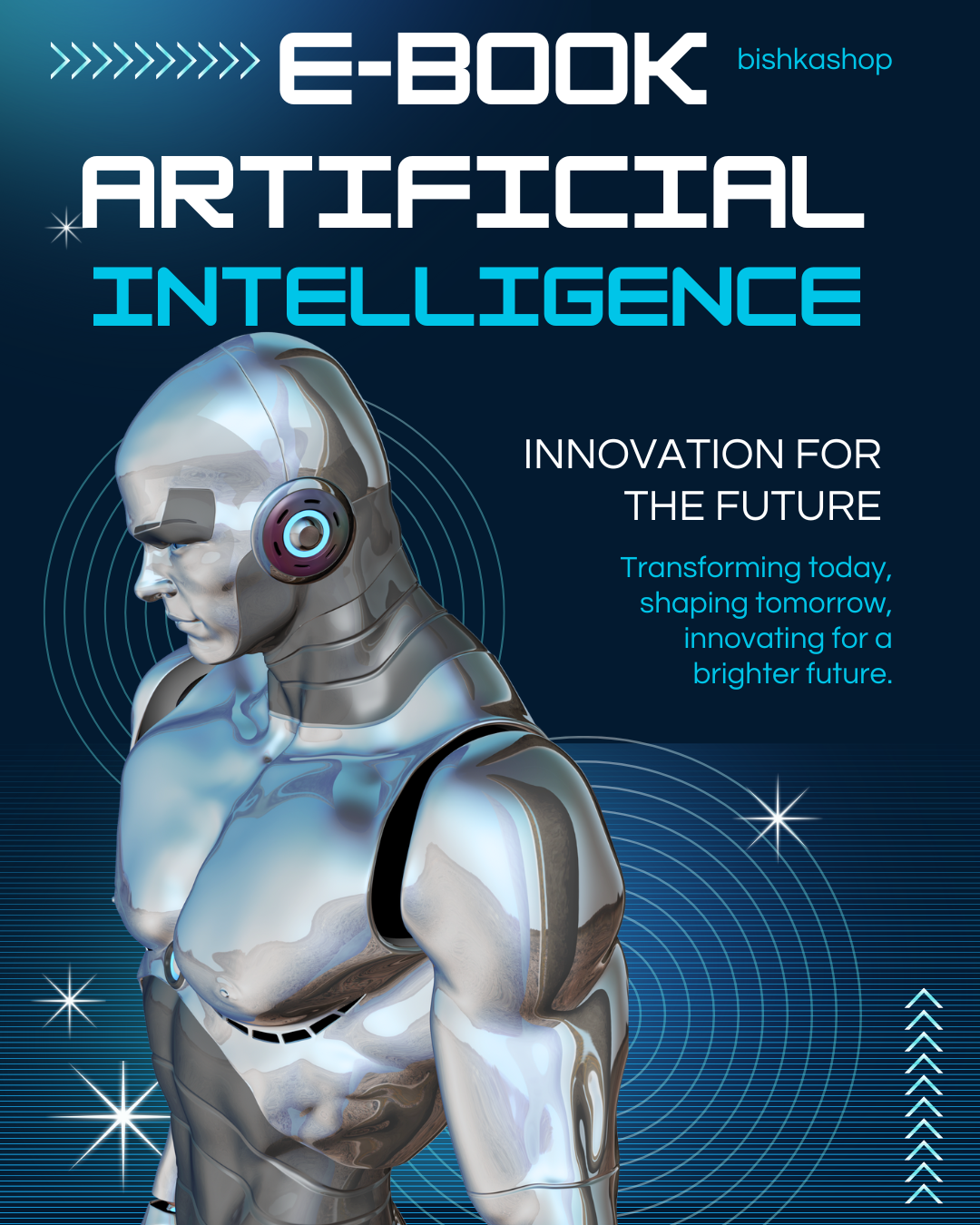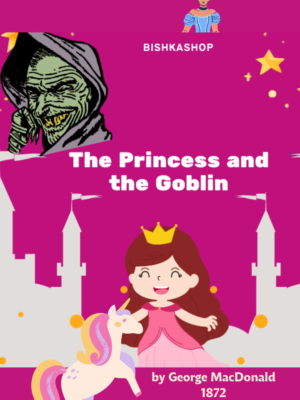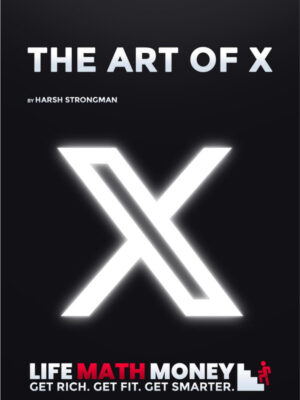Description
Artificial Intelligence in Digital Marketing
The Future of Marketing
Being smart in business means staying ahead of the curve, anticipating future trends, and preparing for inevitable changes that will reshape the way business is conducted. Digital marketing is no different; it is constantly evolving, driven by technological advancements and consumer behavior shifts. In this ever-changing landscape, staying informed about the next big thing can be the key to success.
One of the most transformative forces reshaping digital marketing is Artificial Intelligence (AI) and Machine Learning (ML). These technologies are not just buzzwords; they have the potential to revolutionize how we approach SEO, content creation, advertising, customer engagement, and more. The impact of AI and machine learning on digital marketing is so profound that it could render many traditional marketing strategies obsolete. This eBook aims to equip you with the knowledge to harness the power of AI and prepare for the future of internet marketing.
What is AI and Machine Learning?
Artificial Intelligence (AI) refers to the simulation of human intelligence in machines designed to think and act like humans. Machine Learning, a subset of AI, involves algorithms that enable machines to improve their performance based on data, without explicit programming. In digital marketing, AI and ML are used to automate processes, analyze large datasets, predict consumer behavior, and personalize marketing efforts.
For example, AI can help marketers analyze customer data to identify patterns and make data-driven decisions, while machine learning can predict customer preferences and behaviors, allowing businesses to tailor their marketing strategies more effectively.
Google as an AI-First Company
Google has always been at the forefront of technological innovation, and its transition to an AI-first company signals the importance of AI in the future of digital marketing. In recent years, Google has increasingly integrated AI into its algorithms, particularly in its search engine. Google’s focus on AI is evident in tools like RankBrain, which uses machine learning to better understand user queries, and BERT (Bidirectional Encoder Representations from Transformers), which improves the search engine’s ability to understand natural language.
For digital marketers, this means that SEO strategies need to adapt to focus on user intent and content quality, rather than just keyword optimization. Websites that offer valuable, user-friendly content will be more likely to rank higher in search results, as Google’s AI-powered algorithms prioritize relevance and engagement.
Preparing for Semantic Search
Semantic search refers to the process of improving search accuracy by understanding the meaning behind the words used in a search query. This shift, largely driven by AI, focuses on context, user intent, and the relationship between words rather than relying solely on keyword matching.
As search engines like Google become better at interpreting the context behind queries, digital marketers need to ensure their content is structured in a way that answers users’ questions directly. Using structured data (like schema markup), creating high-quality, authoritative content, and focusing on the user experience are all key components of preparing for semantic search.
Big Data and Personalization
The rise of AI and machine learning has made it possible to harness the power of big data in ways never before possible. With AI, marketers can analyze vast amounts of data from various sources, including social media, website analytics, and customer interactions, to gain actionable insights into customer behavior and preferences.
This data-driven approach allows for hyper-personalized marketing strategies. For example, AI can analyze customer purchase histories and browsing behavior to deliver tailored product recommendations in real-time. Personalized marketing not only improves customer experience but also drives conversions and boosts ROI. In 2025, marketers who fail to leverage big data and AI-driven personalization will risk falling behind their competitors.
Computer Vision
Computer Vision is another groundbreaking application of AI in digital marketing. This technology allows computers to interpret and understand visual information from the world, such as images and videos. In marketing, computer vision can be used to analyze user-generated content (UGC), enhance product recommendations, and even create immersive shopping experiences.
For example, AI-powered visual search enables users to upload images and find similar products online. Retailers can leverage this technology to improve the shopping experience, increase customer engagement, and drive sales.
Advertising and AI
AI has already made a significant impact on digital advertising, particularly through tools like programmatic advertising. This technology uses AI to automate the process of buying and placing ads in real time, based on user behavior, preferences, and demographics. AI can also optimize ad targeting, ensuring that ads are displayed to the most relevant audiences at the right time.
Furthermore, AI is used to predict which types of ads will be most effective based on past performance, enabling marketers to continually refine and improve their ad campaigns. As AI technology continues to evolve, we can expect even more advanced tools for advertising automation, making it easier to reach and engage the right customers.
Email Marketing and AI
Email marketing is another area where AI is having a transformative effect. AI tools can analyze recipient behavior, preferences, and engagement history to deliver highly personalized email campaigns that resonate with individual subscribers. By using machine learning algorithms, email marketers can optimize subject lines, send times, and content to maximize open rates and conversions.
AI-powered tools can also help marketers segment email lists more effectively, ensuring that the right messages are sent to the right audience. This level of personalization leads to higher customer satisfaction and improved ROI.
Chatbots and AI-Powered Customer Service
One of the most visible applications of AI in digital marketing is the use of chatbots for customer service. AI-powered chatbots can engage customers in real-time, answering their questions, providing product recommendations, and even processing transactions. This technology improves the customer experience by offering instant support, 24/7 availability, and personalized responses.
As chatbots become more sophisticated, they will play an increasingly important role in digital marketing strategies. In 2025, chatbots will likely become even more advanced, utilizing natural language processing (NLP) and machine learning to offer more human-like interactions.
Developing Your AI Skills – Using SQL
As AI continues to shape the future of digital marketing, it’s crucial for marketers to develop a solid understanding of AI tools and technologies. One key skill to acquire is proficiency in SQL (Structured Query Language), which is used to manage and analyze large datasets. SQL is an essential tool for marketers who want to leverage big data and AI in their campaigns, as it allows them to query and manipulate data to extract valuable insights.
Learning SQL can help digital marketers develop a deeper understanding of how data drives AI models and improve their ability to make data-driven decisions.
How to Future-Proof Your Marketing
The rise of AI presents both challenges and opportunities for digital marketers. To future-proof your marketing efforts and ensure your websites maintain their position in the search engine results pages (SERPs), it’s essential to stay ahead of the curve. Here are a few steps to prepare:
- Embrace automation: Use AI tools to automate repetitive tasks like content generation, data analysis, and reporting. This will free up time for more strategic work.
- Focus on personalization: Use AI to deliver personalized experiences across all touchpoints, from email marketing to website content and ads.
- Stay up to date with AI advancements: AI technology is evolving rapidly. Keep learning and experimenting with new tools and techniques to stay competitive.
- Create high-quality content: Focus on creating valuable, relevant, and user-friendly content. As AI-driven algorithms become better at understanding user intent, content that genuinely helps users will be rewarded.
Conclusion
Artificial Intelligence is already reshaping the digital marketing landscape, and its influence will only grow in the coming years. By understanding the potential of AI and machine learning, digital marketers can harness these technologies to optimize their strategies, increase efficiency, and drive more meaningful results. The future of digital marketing lies in AI, and those who adapt early will be well-positioned for success in 2025 and beyond.






Reviews
There are no reviews yet.